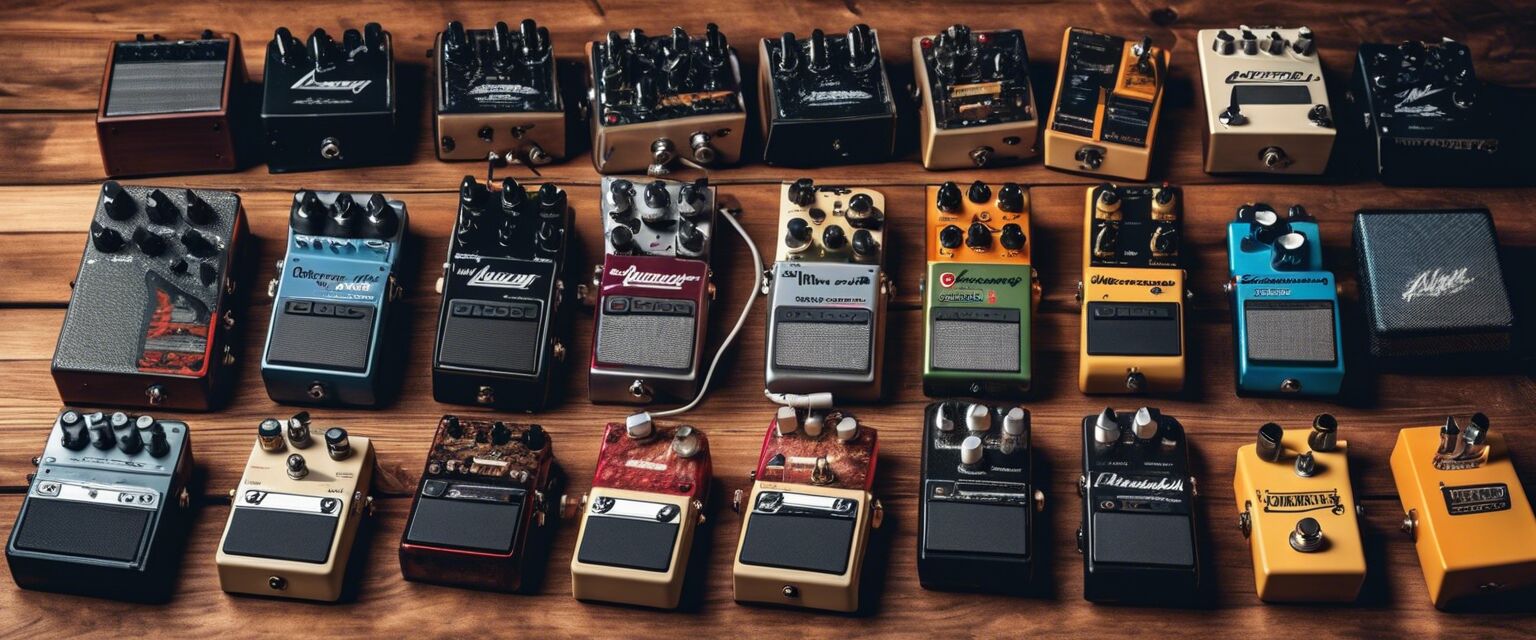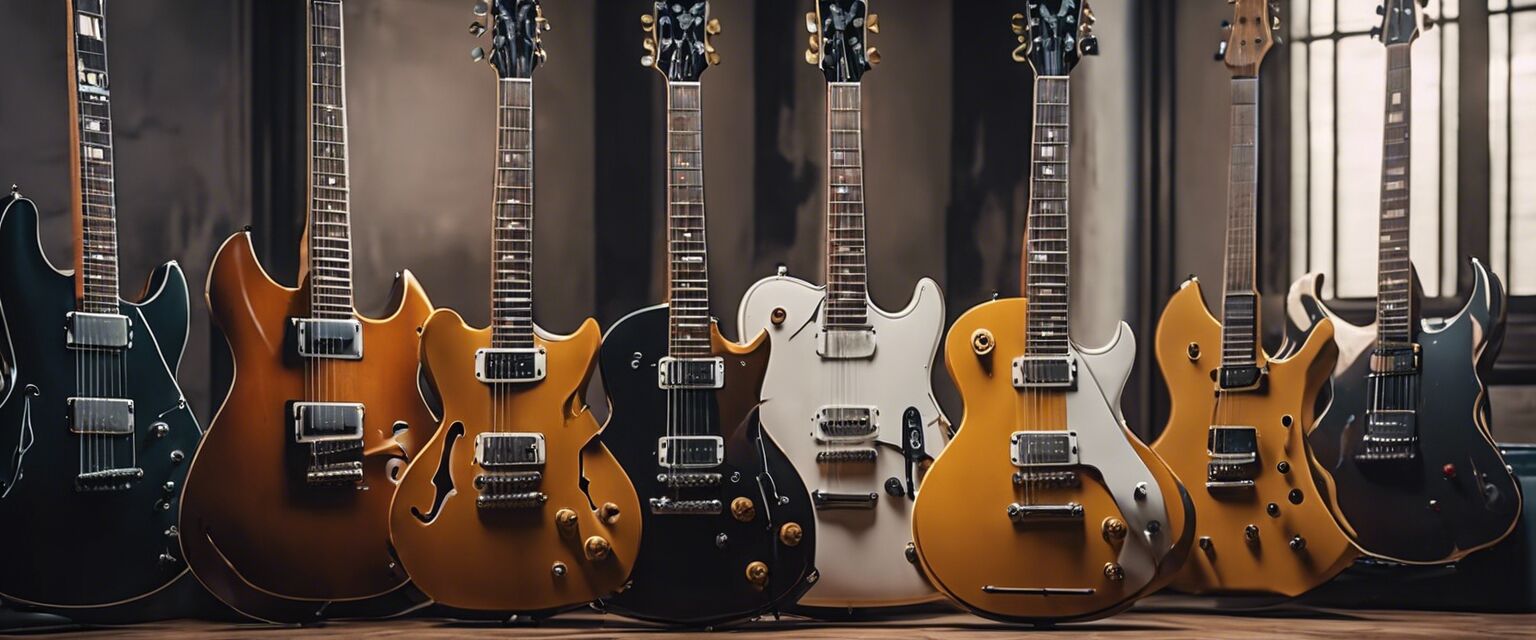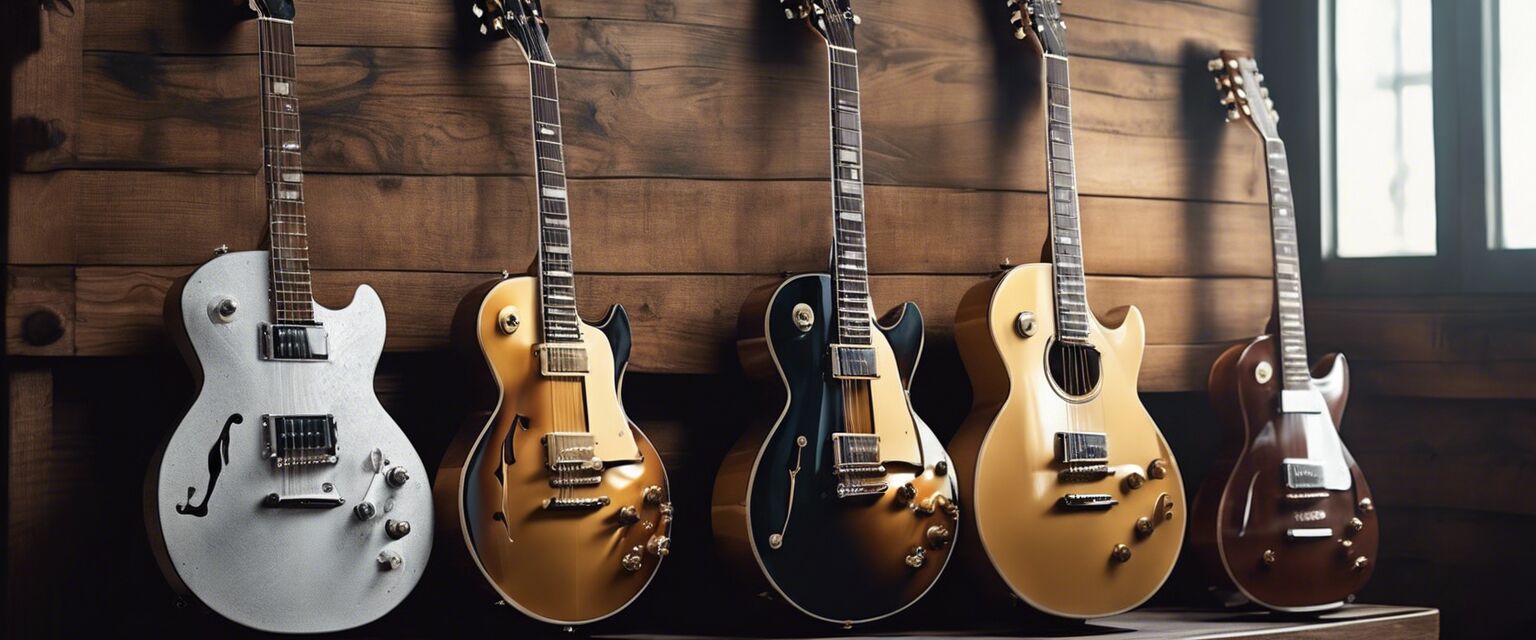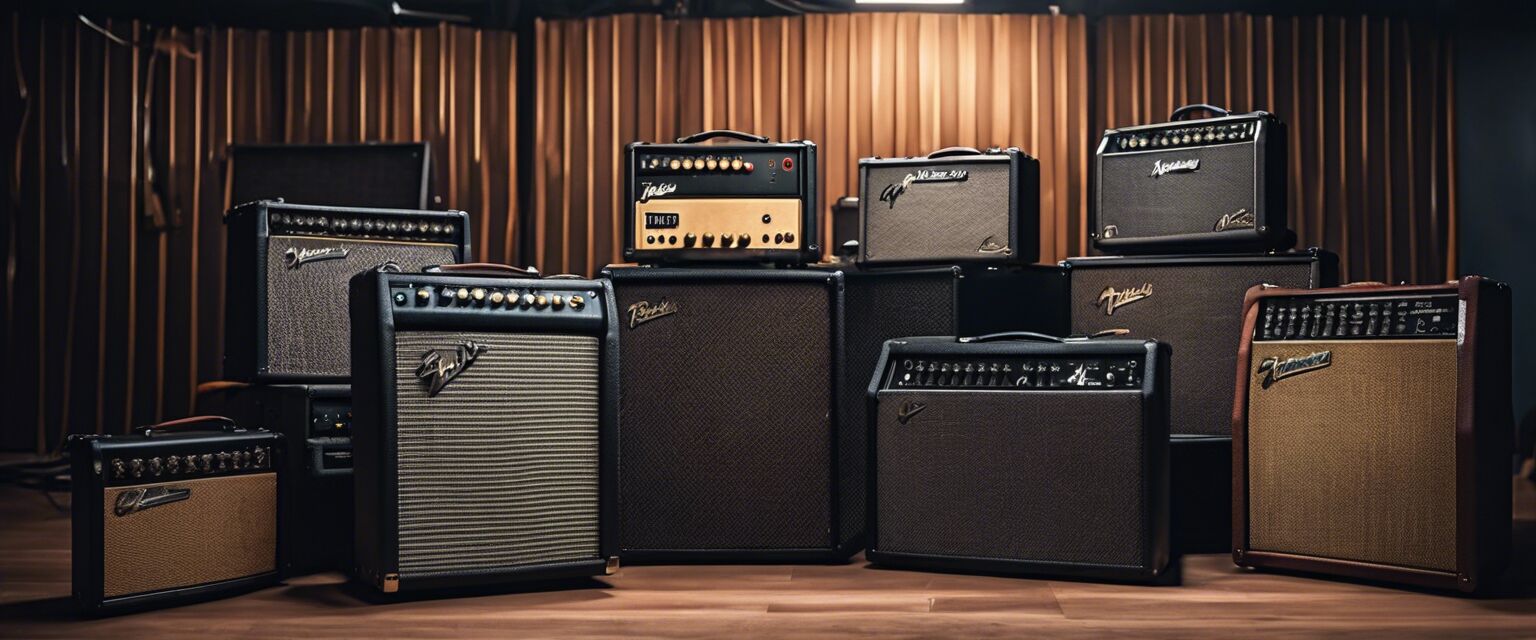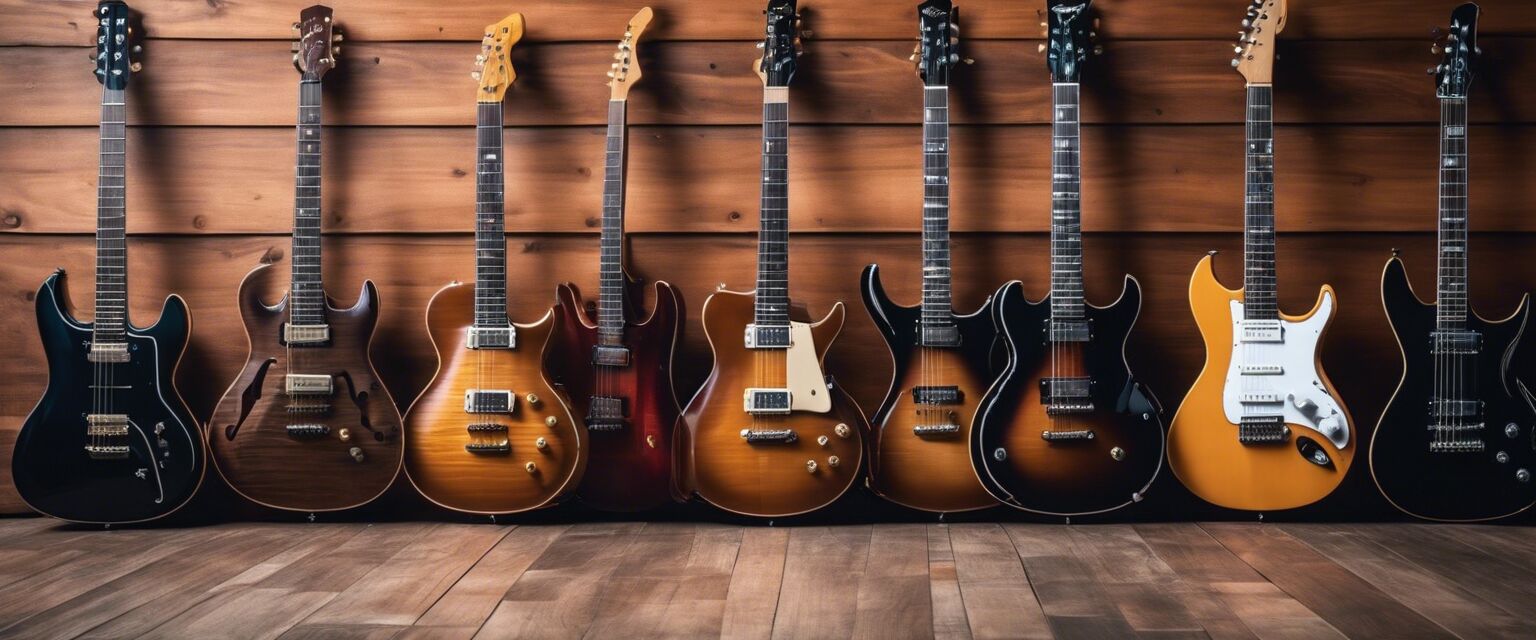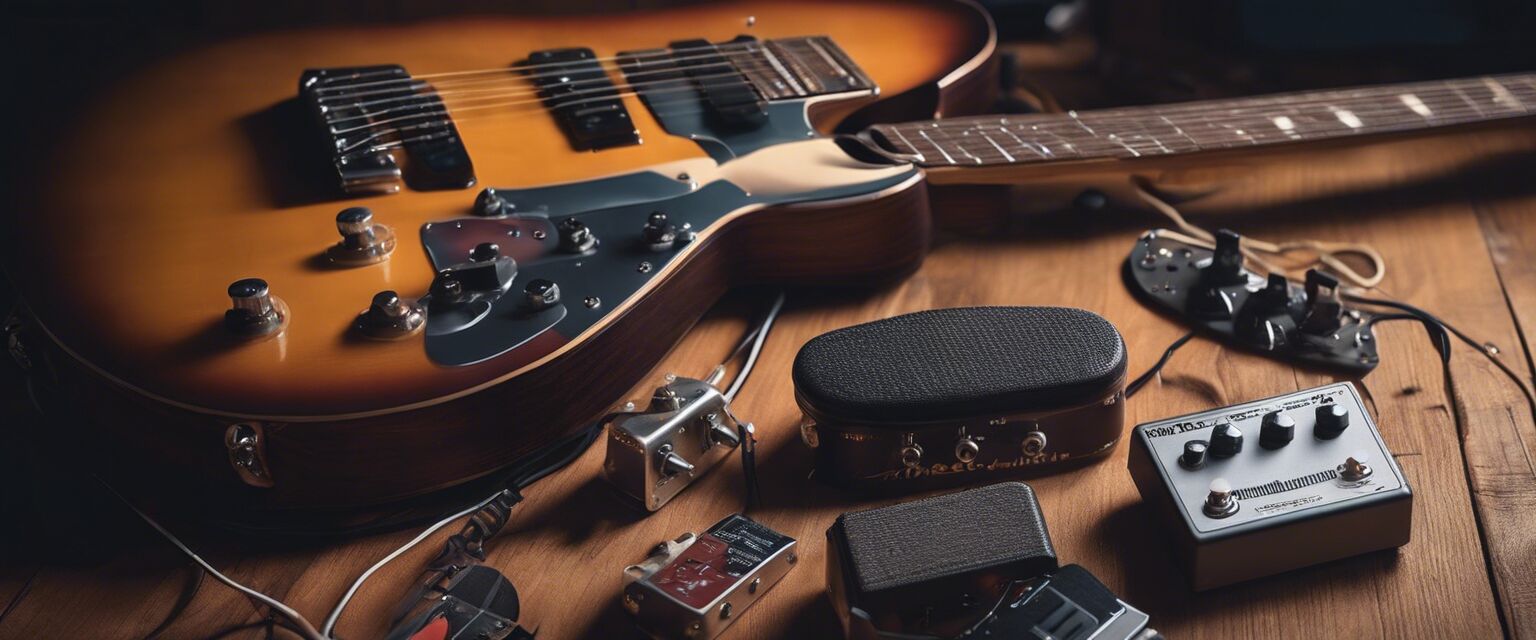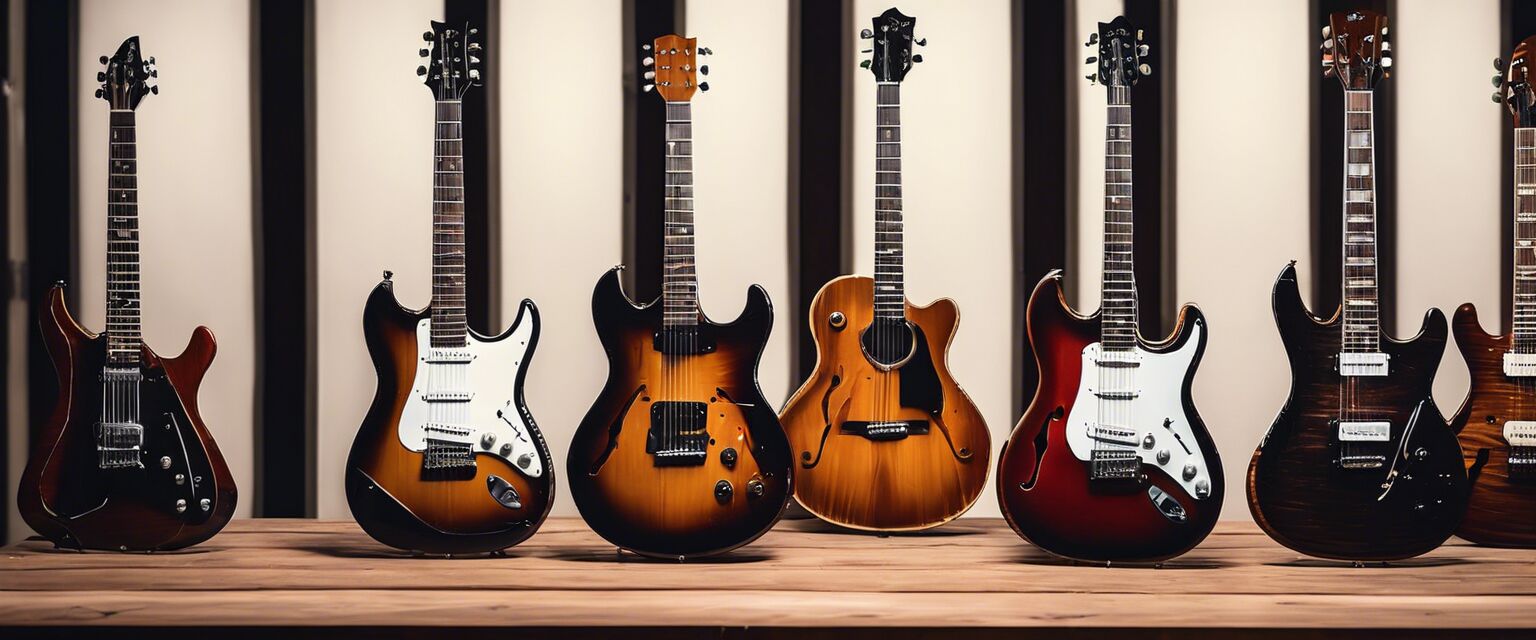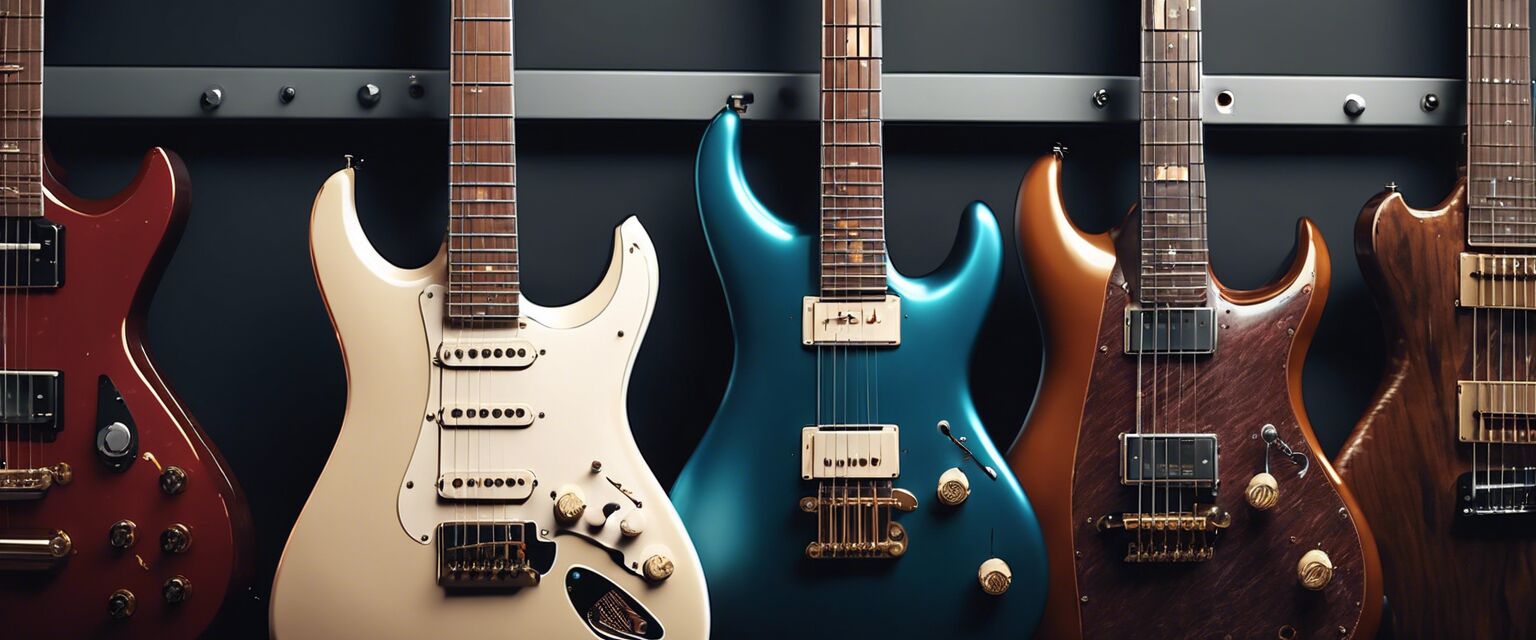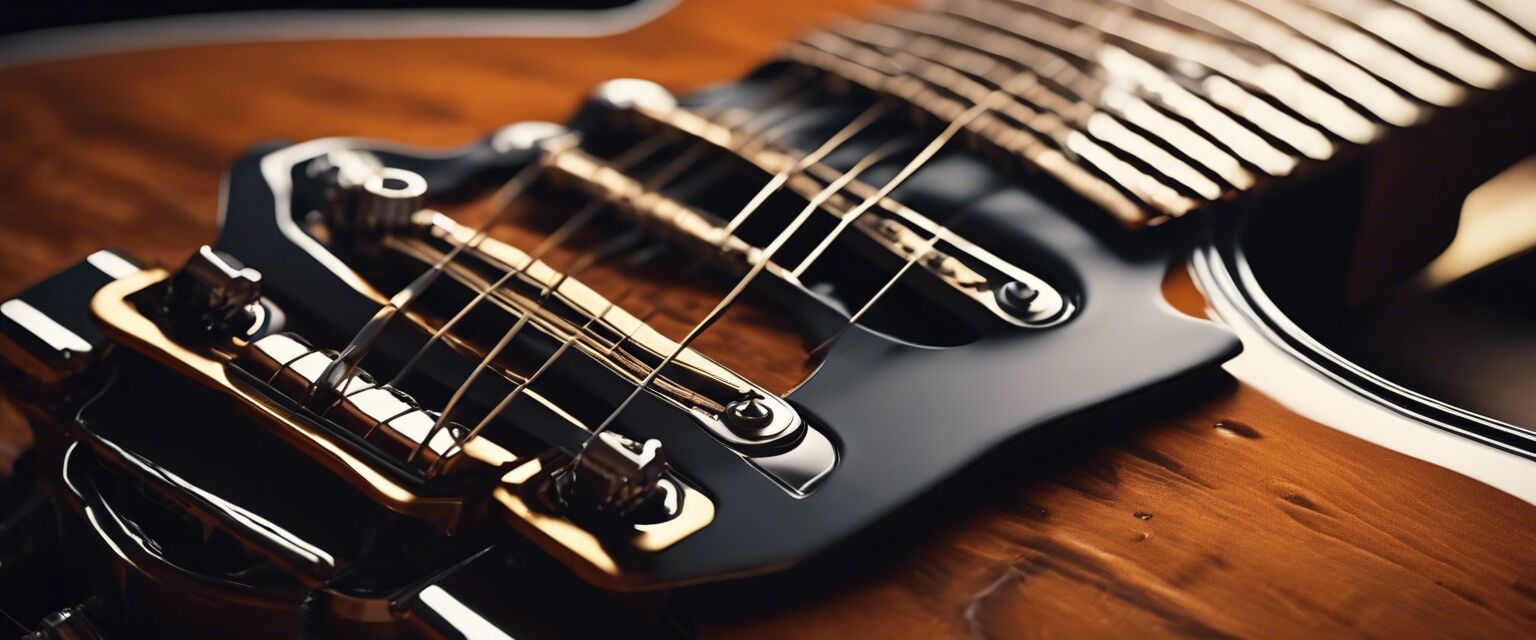
Electric Guitar Maintenance
Key Takeaways
- Regular maintenance keeps your electric guitar sounding great.
- Understanding how to clean and care for your guitar can extend its lifespan.
- Proper string care and changing can enhance playability.
- Acoustic and ambient conditions can affect the condition of your guitar.
- Utilizing the right tools and products is essential for effective maintenance.
Welcome to our comprehensive guide on electric guitar maintenance! Whether you're a seasoned player or a beginner, understanding the importance of guitar upkeep is fundamental in ensuring the longevity and sound quality of your instrument. This article covers essential maintenance tasks, tools you'll need, and tips for an overall better guitar-playing experience.
Why is electric guitar maintenance important?
Like any valuable instrument, electric guitars require regular maintenance to perform at their best. Neglecting maintenance can lead to issues such as:
- Decreased sound quality
- Difficult playability
- Increased risk of damage
- Lower resale value
Essential maintenance tasks
To keep your electric guitar in tip-top shape, here are the essential maintenance tasks you should perform:
1. Cleaning your guitar
Regular cleaning removes dirt and grime, preventing damage to the finish:
- Use a soft, lint-free cloth to wipe down the body.
- Apply guitar polish for additional shine, avoiding the pickups.
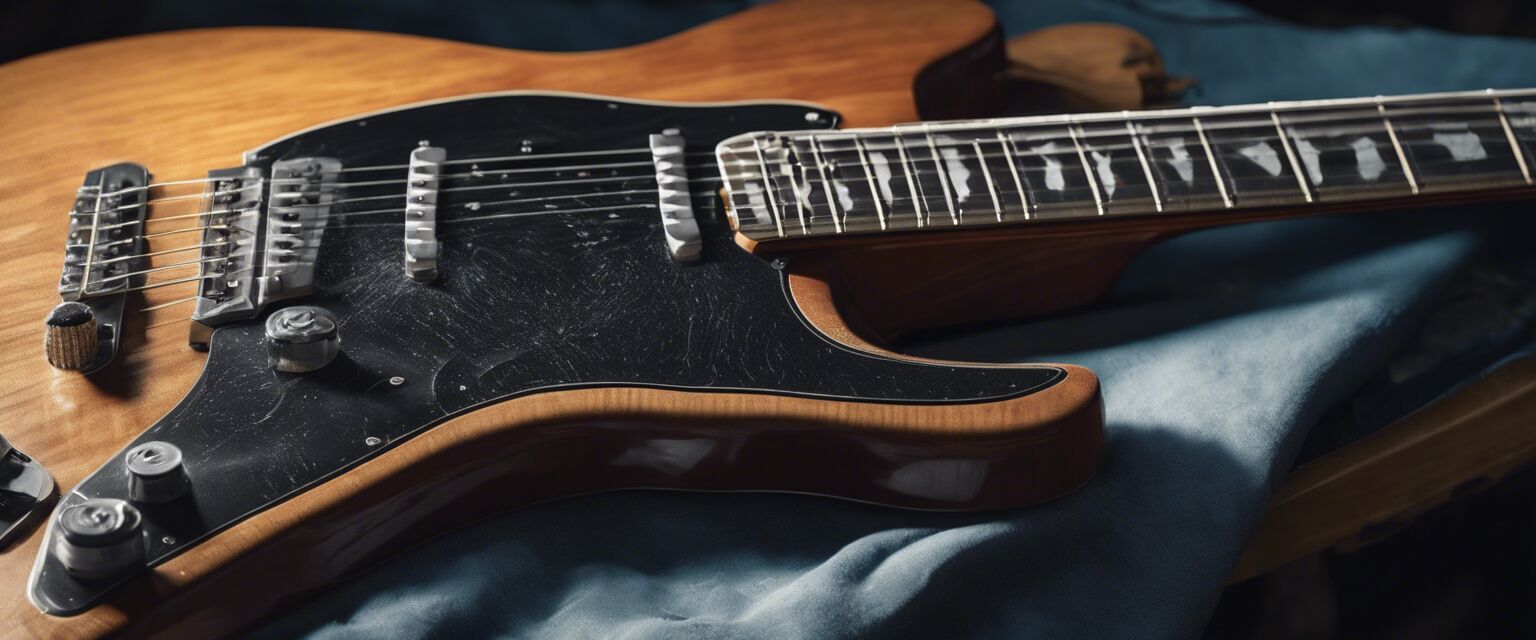
2. String maintenance
Strings are one of the most crucial parts of your guitar, and proper care can prolong their lifespan:
- Wipe down strings after each use to remove sweat and oils.
- Change strings regularly, depending on usage.
- Store extra strings in a dry place to prevent rusting.
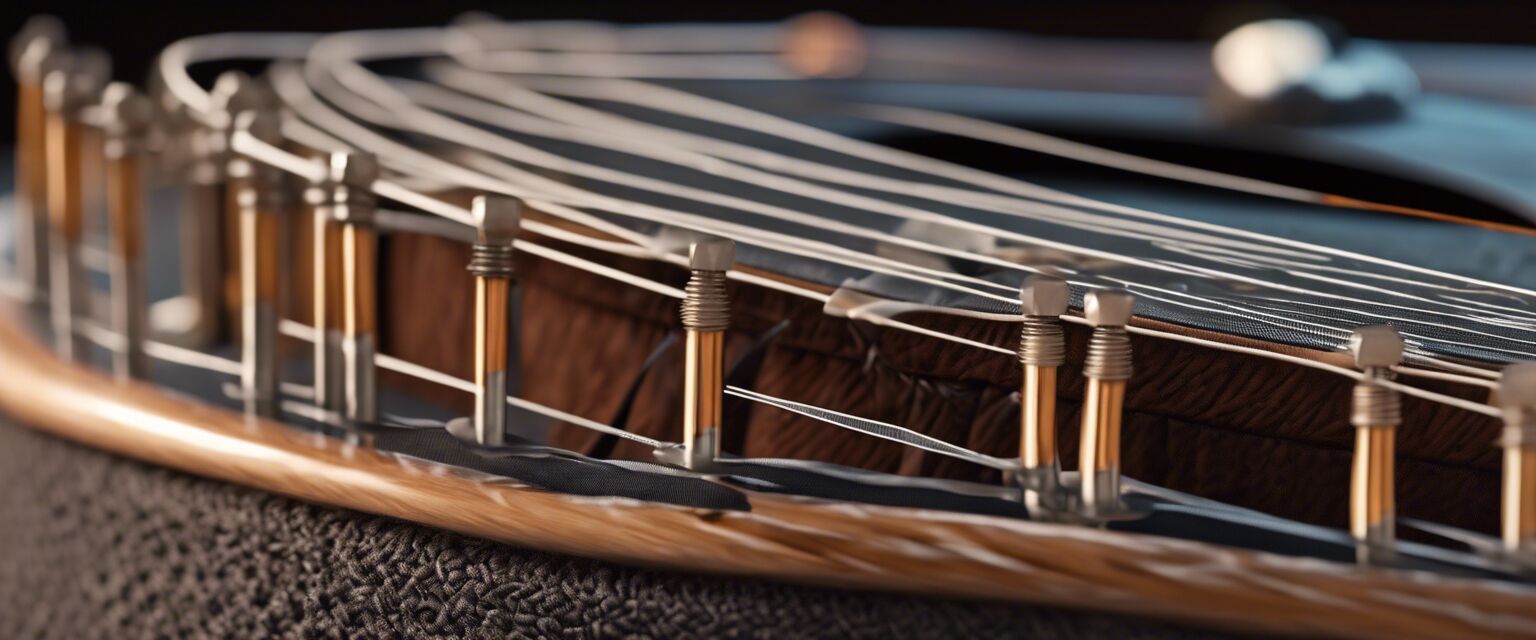
Tools for maintenance
Kick off your maintenance routine with these essential tools:
| Tool | Purpose |
|---|---|
| Soft cloth | For cleaning the guitar's body |
| Guitar polish | To keep the finish shiny and protected |
| String Winder | For quick string changes |
| Tuner | To ensure your guitar stays in tune |
| Hex keys | For adjusting the truss rod and saddles |
Environmental considerations
Your guitar's environment plays a critical role in its maintenance. Follow these guidelines:
- Keep your guitar away from direct sunlight to prevent fading.
- Avoid extreme temperatures and humidity changes to minimize warping.
- Use a guitar stand or case for protection when not in use.
Common electric guitar issues
Despite proper maintenance, issues may still arise. Here are a few common problems:
| Issue | Possible Causes | Solutions |
|---|---|---|
| Buzzing strings | Low action or fret wear | Adjust action or file frets |
| Dead notes | Poor string installation | Re-string the guitar or check setup |
| Loose hardware | Regular usage | Tighten screws and bolts |
When to seek professional help
While many tasks can be performed at home, sometimes it's best to consult a professional. Here's when to consider it:
- When you experience electric issues with pickups or wiring.
- If you want a custom setup for better playability.
- For complex repairs, like fret replacement.
Tips for beginners
- Start with simple tasks like cleaning and string changing.
- Invest in quality cleaning products and tools.
- Document your maintenance routine for better tracking.
- Join online forums or local groups to share knowledge and tips.
The Guitarist's Commitment to Quality
By following these maintenance tips, you can ensure that your electric guitar will remain in excellent condition, providing great sound and playability for years to come. Remember, regular care not only enhances performance but also increases the lifespan of your instrument.
